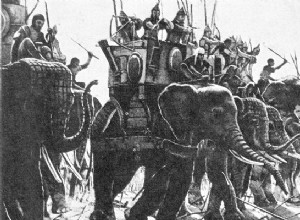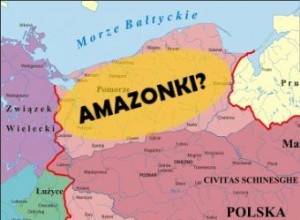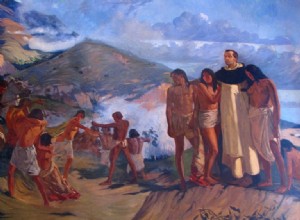On Thursday, April 4, 2019, a presentation of the two-volume work of GES/D4 (Directorate of Army History), entitled The Greek Army during the First World War, took place at the Armed Forces Officers Club (LAED). The event was attended by active and retired officers of the three branches of the E




